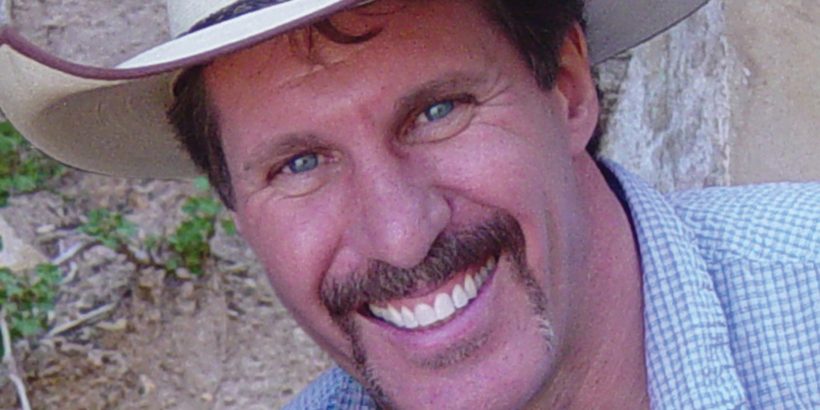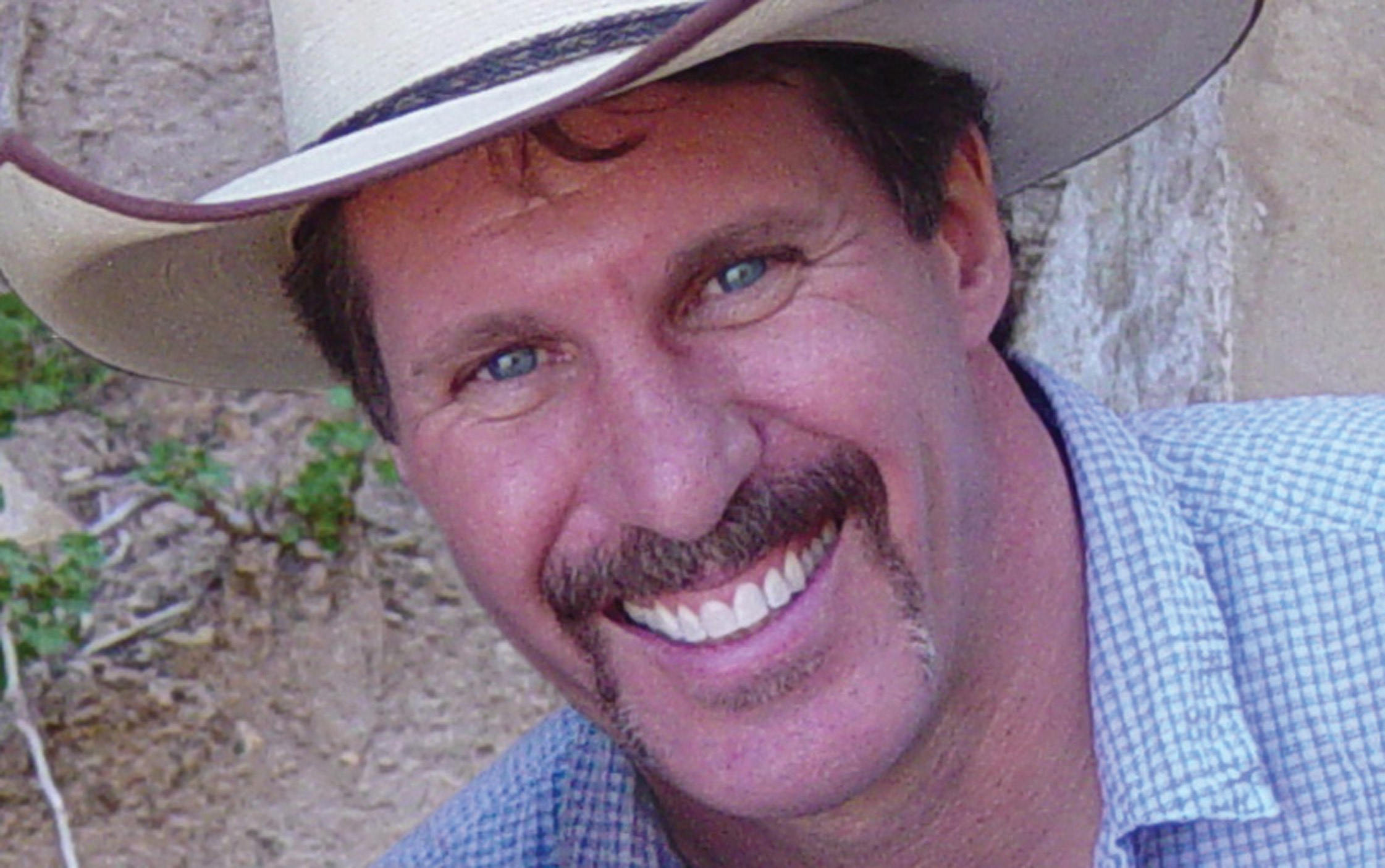By Carew Papritz
As a kid, I remember the most dreaded conversation that one ever had to anticipate was the “birds and the bees” talk. Whether it be from a parent or a teacher, that was the one you dreaded most.
Now as an adult, and a father, I never would have dreamed that the birds and bees talk would be replaced by the “bombs and bullets” conversation.
I never would have dreamed that the most beloved symbols of American decency, neighborliness, and civility—the teacher, the schoolroom, the school bus—would be dumped into the cauldron of animosity and outrage, anguish and evil.
I never would have dreamed as a parent to hear the words from my children, “I’m afraid to go to school because I might get killed.”
On what planet—in which universe—do you have a reply to that?
As parents, we are supposed to have all the answers for our kids—or at least seem to. We are supposed to provide stability, reliability, and believability. We are supposed to be their protectors and their heroes. You know you have become a parent when you understand, in the deepest, most heartfelt part of your soul, that you would do anything to protect your child—even die for them.
But they are not supposed to die for you.
And what is at the heart of this fundamental parenting problem? We have lost our credibility as parents.
If we cannot say truthfully to our children, with a straight face, that they will be safe and that everything will be okay, then we as parents have lost the very foundation of what makes us parents—respect, authority, and trust.
We cannot be believed. We know it, and our children know it. If we are not believed as a parent—we have lost. Heroes need to be believed to be heroes.
Kids know the real reality—they see it on the TV, cell phones, and on social media. They hear it through other kids on the playground, on the bus, and after school. It’s now part of their everyday life conversation. Go to school and you might get shot, or even killed.
I’ve never been a big cell phone fan for kids. But over 90 percent of parents give their kids cell phones for safety reasons. As a parent, I can understand that. But how does a cell phone protect your child from being shot?
We as parents delude ourselves that “it” can’t happen here. But “it” has already happened. Because of Uvalde—and all the other mass shootings—we all have been collectively shot. It’s not about the numbers. It’s about our souls and our humanity. At some point, we are all affected.
We now react almost instinctively, as if in a never-ending play. We send our “thoughts and prayers.” The candlelight vigils began. Flowers are spread. Messages are left. Balloons bob in the air and teddies are carefully placed. Bodies are buried. Outrage begins. It’s about gun safety. It’s a mental health issue. Assault weapons must be banned. You can’t take my guns. Schools must be hardened. Give teachers guns. Close the loopholes. Raise the age. It’s my second amendment right. It’s my right to live.
What’s more important? Keeping intact the basic building blocks of society or having a gun? Or can you do both?
As parents, we lead our families as we lead our children. We own responsibility and compromise. We lead with both decency and practicality. We try our darndest to walk our talk. We do our best to be the best parents we can be. We do both the proverbial “walk and chew gum at the same time” because we have to. Now we must convince others to do the same.
A million parental voices need to say “Enough is enough. Find the solution and the solutions. ”
Because “thoughts and prayers” are not enough. Because doing nothing is not enough. It’s now our choice to be believed or not believed by our children. To truly be the heroes they want us to be. Because we all need to be able to say to our kids, truthfully—and with a straight face—you will be safe, and we mean it.
AUTHOR BIO: Carew Papritz is an educational thought-leader, literacy advocate, and author of the multi-award-winning book, The Legacy Letters. Through his YouTube videos (including the I Love to Read series) and events (like the annual literacy-driven charity drive The Great Book Balloon Launch), he spreads the love of reading and learning to people of all ages. Papritz has made a global impact by being an advocate for literacy and teaching future generations about the importance of legacy.

